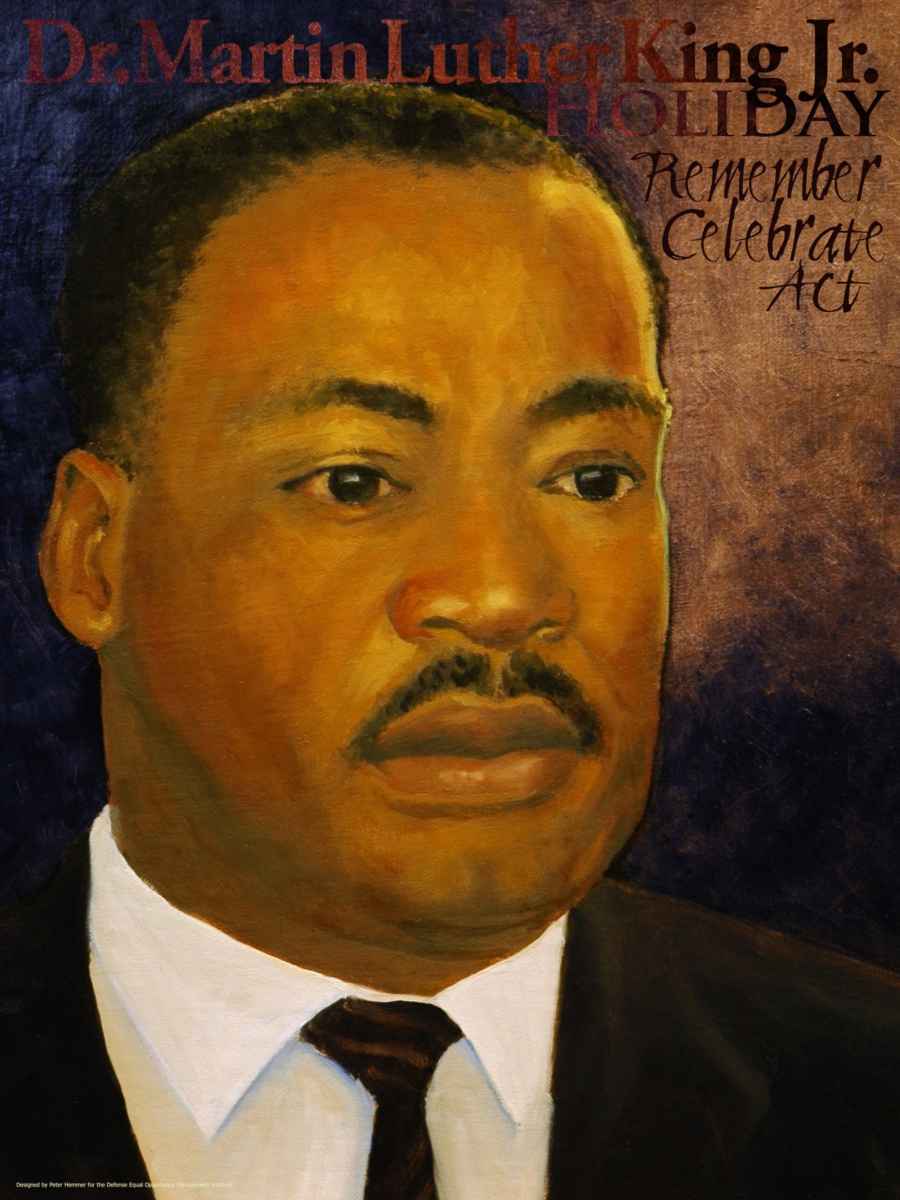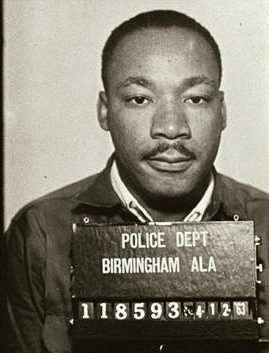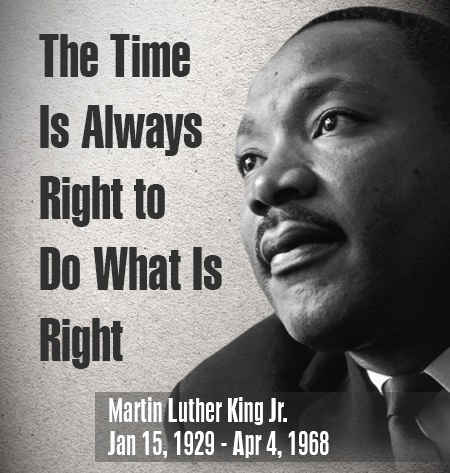Category: Pondering Peace
Lessons in Following Jesus from Dr. Martin Luther King, Jr.: “Take Up Your Cross and Follow Me” (Part 1)
As we honor the legacy of Dr. Martin Luther King, Jr. this week, I am reminded of the profound influence his life and teachings have had on my thinking, faith, and understanding of what it means to live as a Christian.
It was while I was in high school that I became deeply aware of the sufferings of African American people in this country. I ran across a book that was comprised simply of historical records, mostly newspaper articles, that detailed the lynchings, beatings and suffering that had been inflicted. Having grown up and still living among the gentle, generous, hospitable, and communal East African people, I was horrified.
I came to the United States to attend college in the mid-70s, when the Cold War was raging and the nuclear arms race was in full swing. I became aware of the real threat of nuclear annihilation, in the madness of nations each attempting to be militarily superior.
Among the many books I read those summers during college, trying to make sense of faith and life in this crazy and pain-filled world, were books by Dr. Martin Luther King, Jr. His way of understanding and following Jesus spoke truth to me and were relevant to the world in which I found myself. And they remain just as relevant today.
In Luke 9:23, Jesus says, “If any want to become my followers, let them deny themselves, and take up their cross daily and follow me.”
Some may interpret our cross to be any suffering in life that we must endure. But the lives of Jesus and Dr. King show it is something more. Both Jesus and King suffered terribly, but they didn’t have to. Rather, their suffering came because of their decisions to identify with the oppressed rather than enjoy their own privilege or comfort, to work for justice on their behalf, to confront the powers that be in that effort, and then to accept the suffering that was the consequence for those decisions and commitments.
Jesus certainly identified himself with those who were the least. But not only did he have compassion and seek to serve and heal them, Jesus spoke out on their behalf. He confronted the religious leaders who were in collaboration with the Roman occupiers for their own financial gain and, true to the prophetic tradition, denounced their unjust practices. He was so threatening to the powers of that day, that eventually he was condemned to die by crucifixion, a form of death penalty reserved for those considered threats to Rome.
Dr. King writes about how, although he was impacted by segregation, by and large the first 24 years of his life were rather easy. He had loving and concerned parents. He sailed through high school, college, theological school, and graduate school. It was not until he agreed to speak out against injustice and provide leadership for the Montgomery bus protest that he experienced suffering, and it began almost immediately – death threats almost daily, imprisonment many times, house bombings, near fatal stabbings, and finally assassination. It was identifying with the oppressed and speaking out for justice on their behalf that led to his suffering and eventually death.
Listen to Dr. King’s words: “I choose to identify with the underprivileged. I choose to identify with the poor. I choose to give my life for the hungry… If it means suffering a little bit, I’m going that way. If it means sacrificing, I’m going that way. If it means dying for them, I’m going that way. Because I heard the voice saying: do something for others.” And in the months toward the end of his life, “I identify with those people you call… enemies… I identify with them; they are my sisters and brothers..”* It was by identifying with them and taking up their cause for justice that Dr. King also took up his cross.
Today the call still comes to us to follow Jesus in serving those who are impoverished by oppression and in working for greater justice. And sometimes that will result in sacrifice and suffering. May God give us the courage and faithfulness demonstrated by Dr. King.
*“Dangerous Spirituality” by Vincent Harding, Sojourners Magazine, Jan-Feb. 1999.
By Ruth Rosell, Director of the Buttry Center for Peace and Nonviolence
Posted on January 20, 2020



